As the clock ticks away on the Public Service Loan Forgiveness program, thousands of public workers across the country are bracing for a potential blow to their financial futures. The U.S. Department of Education has announced a rule change that could deny loan forgiveness to borrowers who work in cities that defy the Trump administration's new policies. The cities of Albuquerque, Boston, Chicago, and San Francisco, along with two of the nation's largest teachers unions and a prominent public employees union, have filed a lawsuit against the administration, claiming the rule change is unlawful.
The Public Service Loan Forgiveness program was created by Congress in 2007 to cancel the federal student loan debts of borrowers who spend a decade working in public service. The program has been plagued by issues, including a low approval rate and a complex application process. However, for many public workers, the promise of loan forgiveness has been a lifeline, allowing them to pursue careers in education, healthcare, and social services without the burden of student debt.
At the heart of the controversy is a rule change that would require public workers to certify their employment status with the Department of Education every year, rather than just once when they apply for loan forgiveness. The change is intended to prevent borrowers from working in non-public service jobs and then applying for loan forgiveness, but critics argue it is an overreach of the administration's authority.
For public workers like Sarah, a teacher in Chicago, the rule change could have devastating consequences. "I've been working in education for over a decade, and I've been counting on the Public Service Loan Forgiveness program to help me pay off my loans," she said. "If the rule change goes into effect, I'll be forced to continue paying off my loans for years to come, even though I've dedicated my career to serving my community."
The lawsuit, which was filed in federal court on November 2, argues that the rule change is unlawful because it exceeds the Department of Education's authority under the Higher Education Act. The plaintiffs also claim that the change will disproportionately affect public workers in cities that have been critical of the Trump administration's policies.
"This is a classic example of the Trump administration using its regulatory power to punish cities that disagree with its policies," said Randi Weingarten, president of the American Federation of Teachers. "We're fighting to protect the rights of public workers who have dedicated their careers to serving their communities."
The rule change is part of a broader effort by the Trump administration to overhaul the Public Service Loan Forgiveness program. In 2018, the administration introduced a new income-driven repayment plan that would allow borrowers to cap their monthly payments at 10% of their income. However, the plan has been criticized for its complexity and the fact that it does not provide a clear path to loan forgiveness.
As the lawsuit makes its way through the courts, public workers like Sarah are left wondering what the future holds for their financial futures. "I just want to be able to focus on my job and serving my students, without the burden of student debt hanging over my head," she said. "I hope the courts will see the injustice of this rule change and protect the rights of public workers like me."
The outcome of the lawsuit is far from certain, but one thing is clear: the fate of the Public Service Loan Forgiveness program hangs in the balance. As the clock ticks away, public workers across the country are holding their breath, hoping that the courts will side with them and preserve the promise of loan forgiveness that has driven so many to pursue careers in public service.



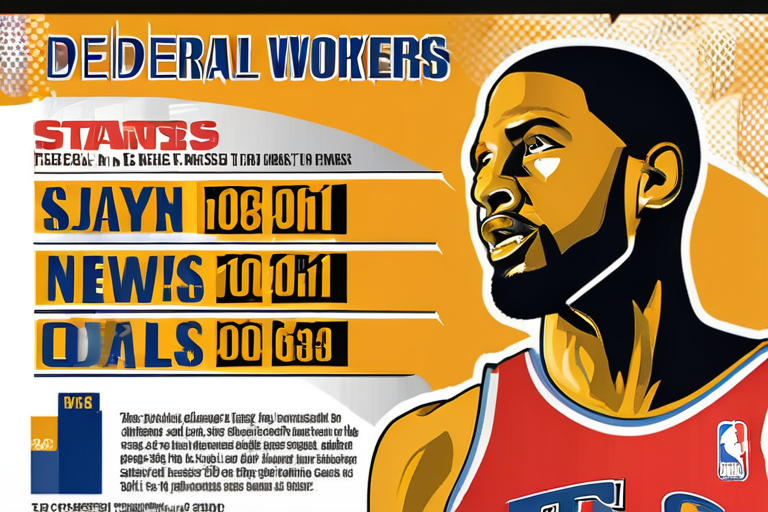
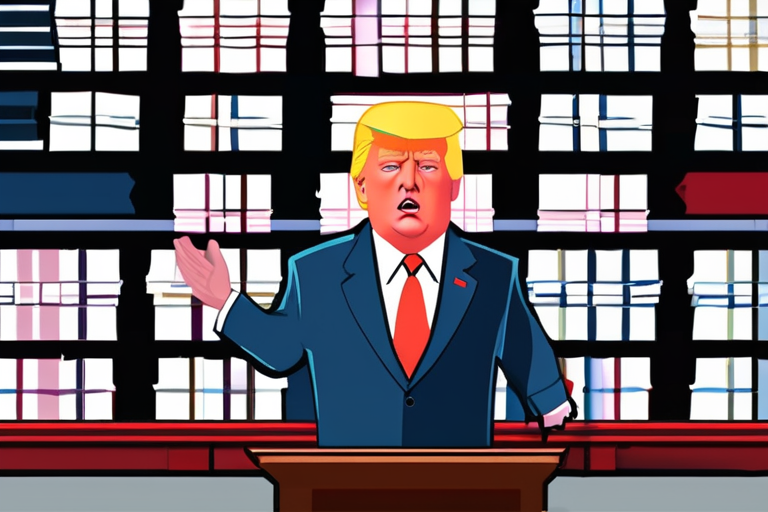

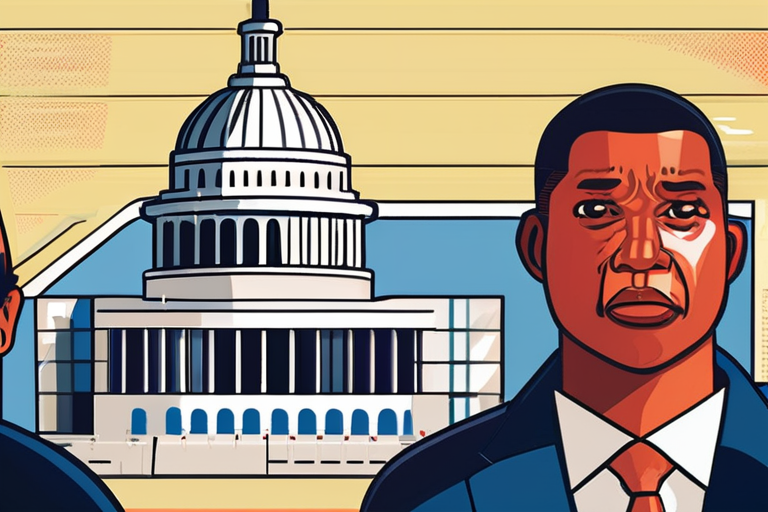

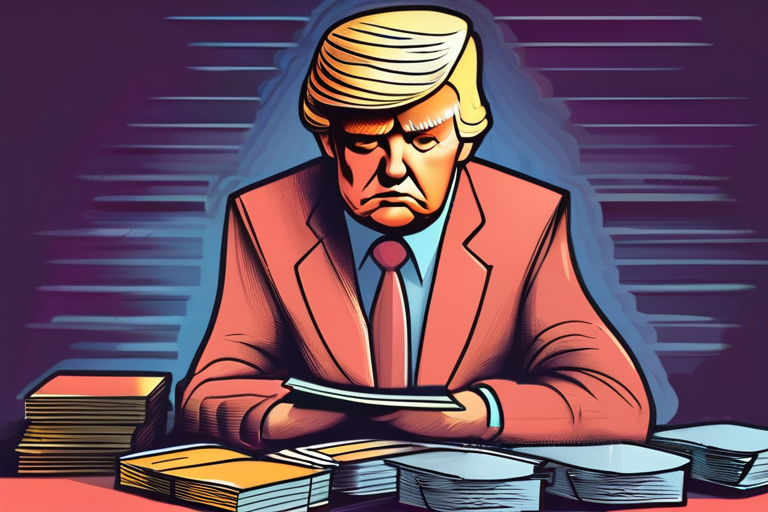
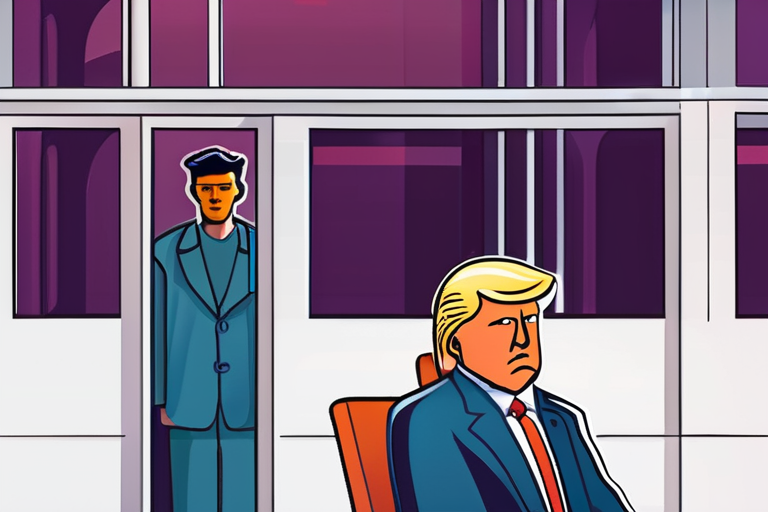

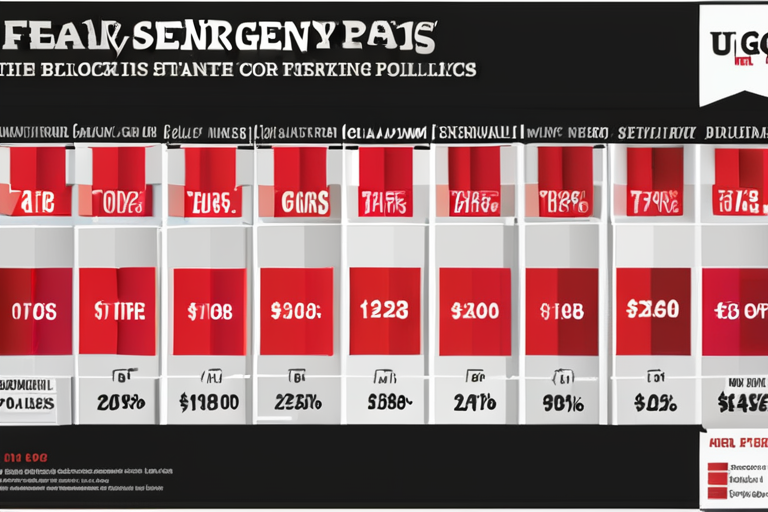
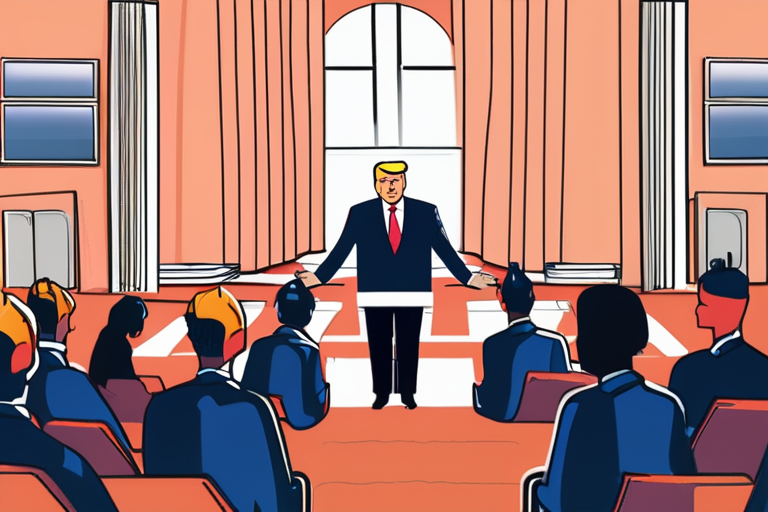
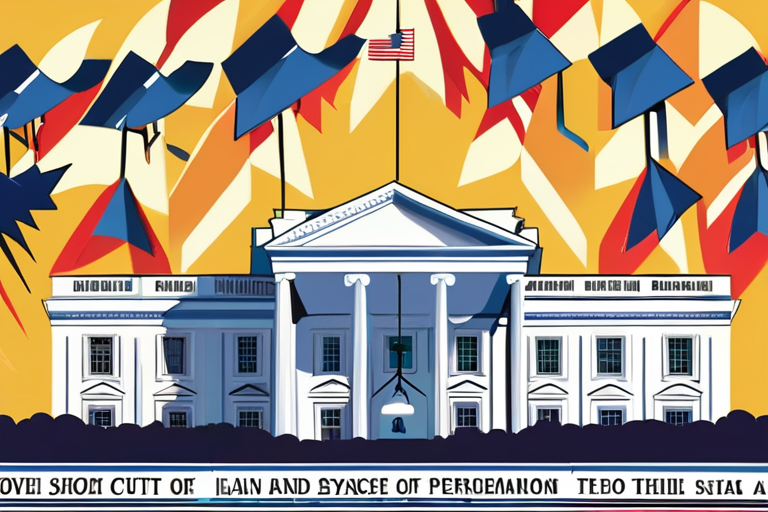
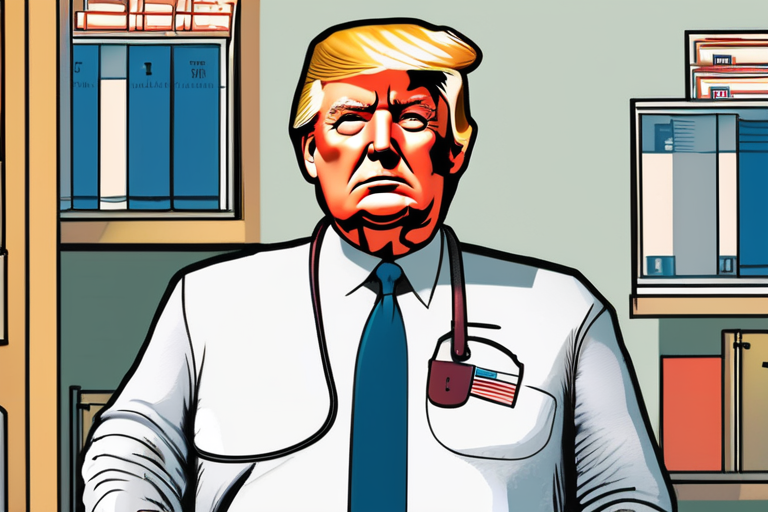
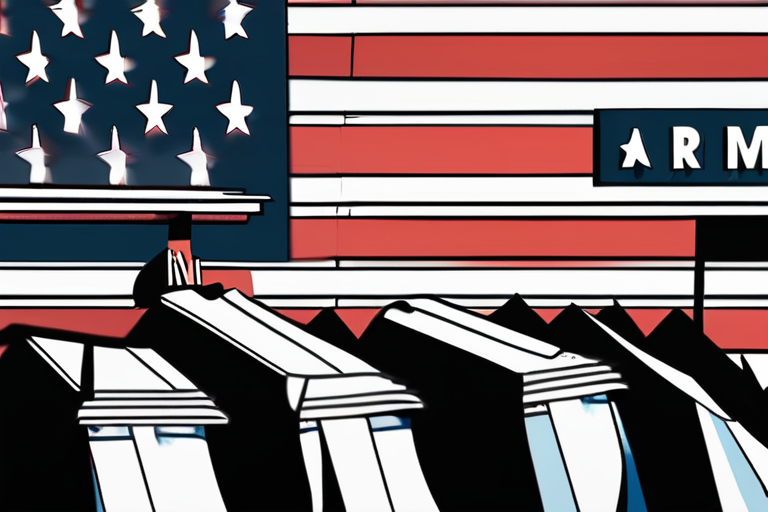
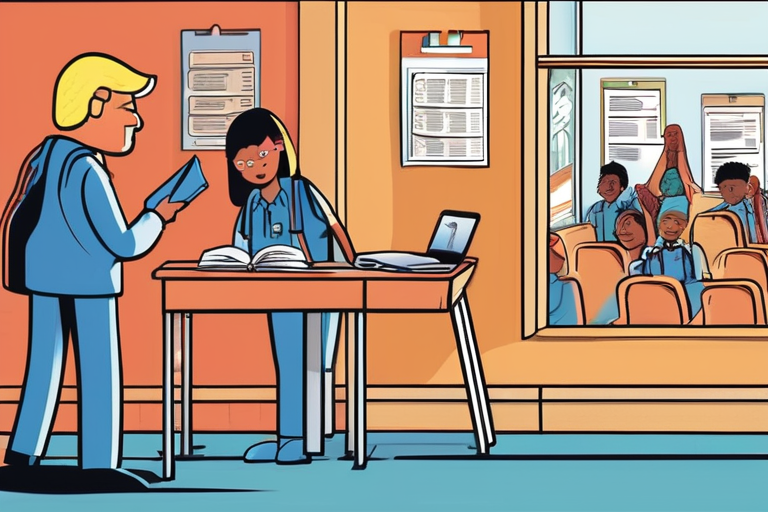
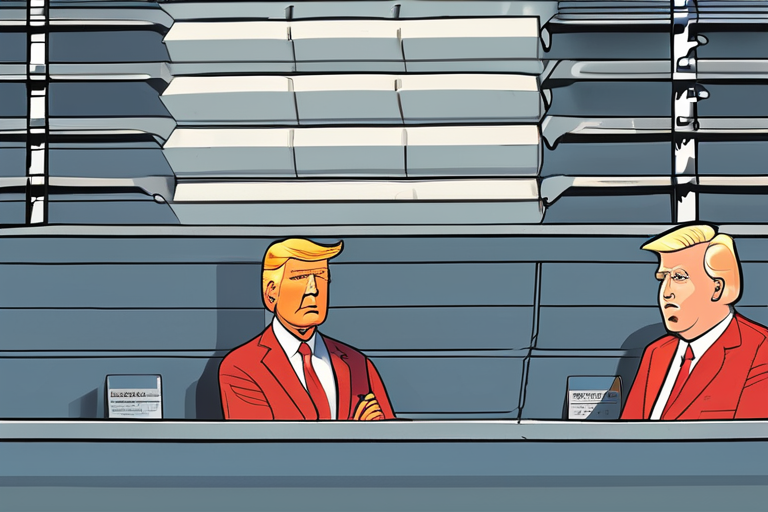
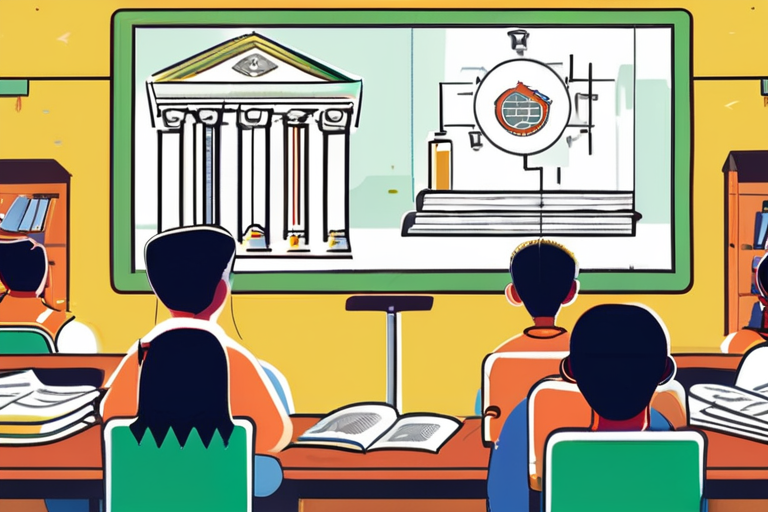
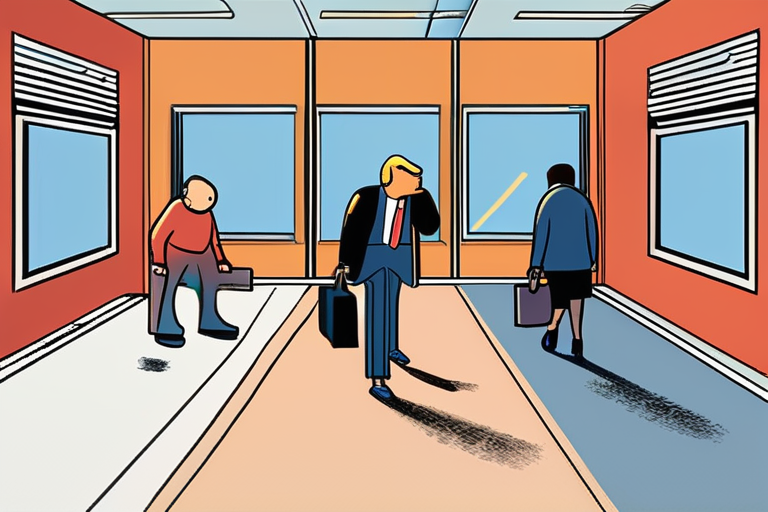
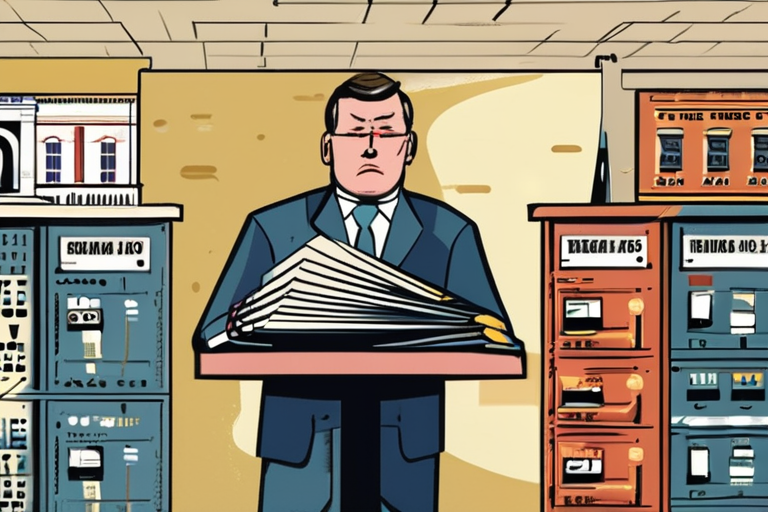
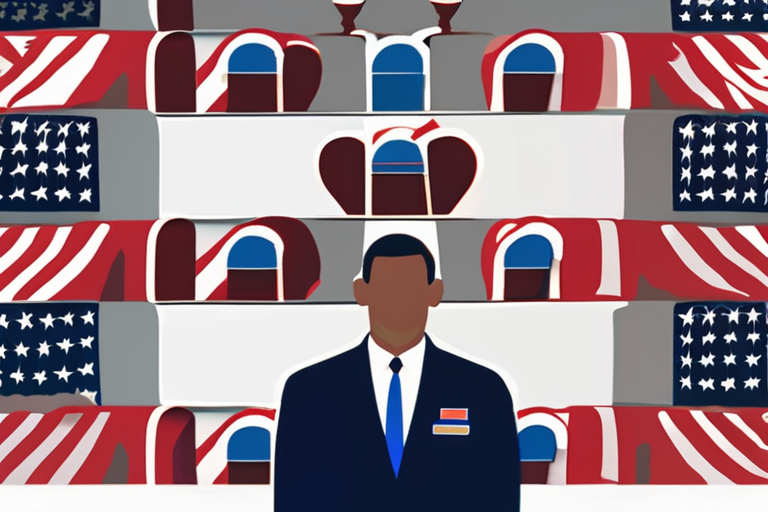
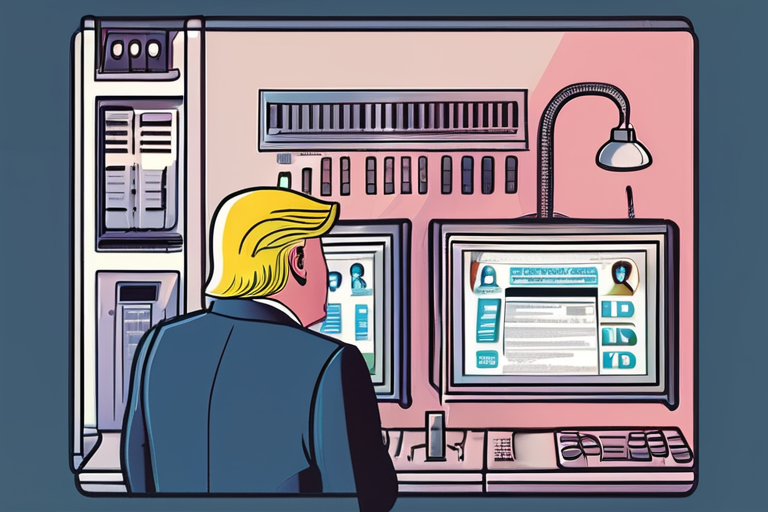

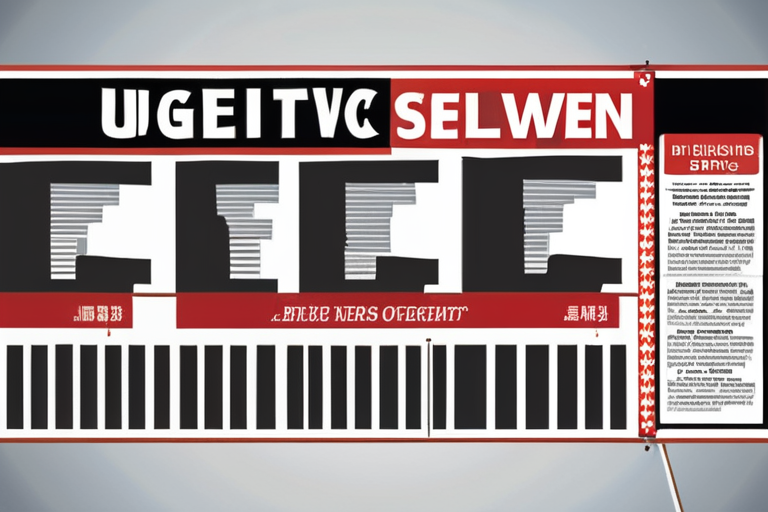
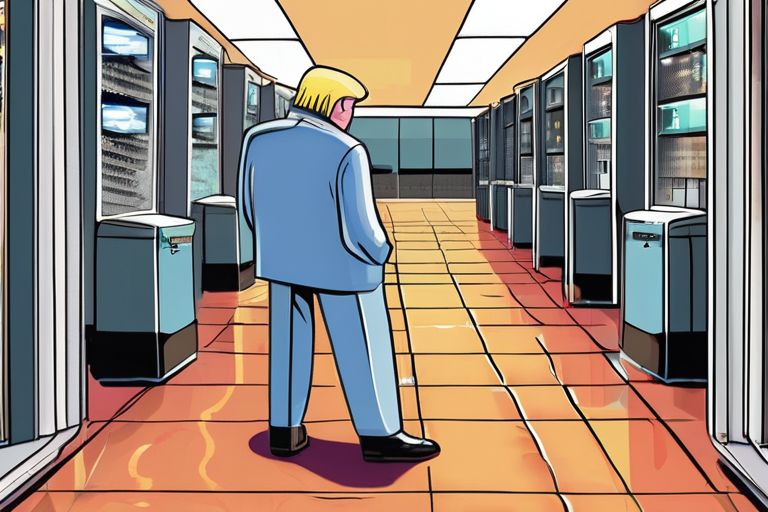

Share & Engage Share
Share this article